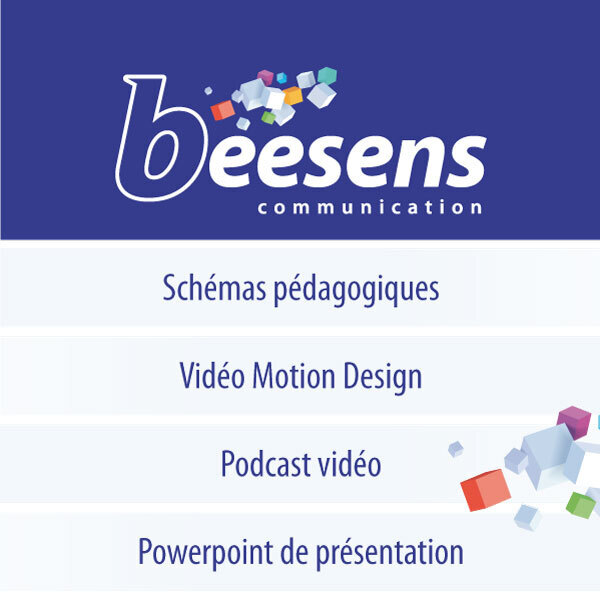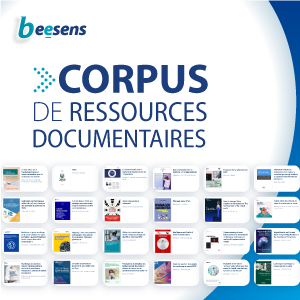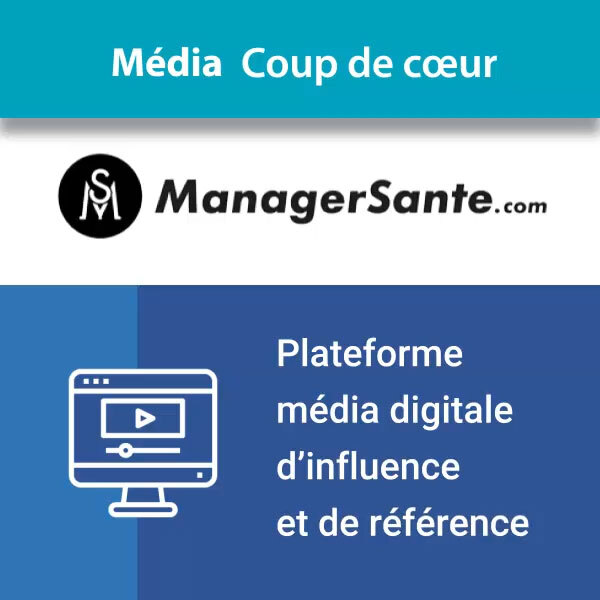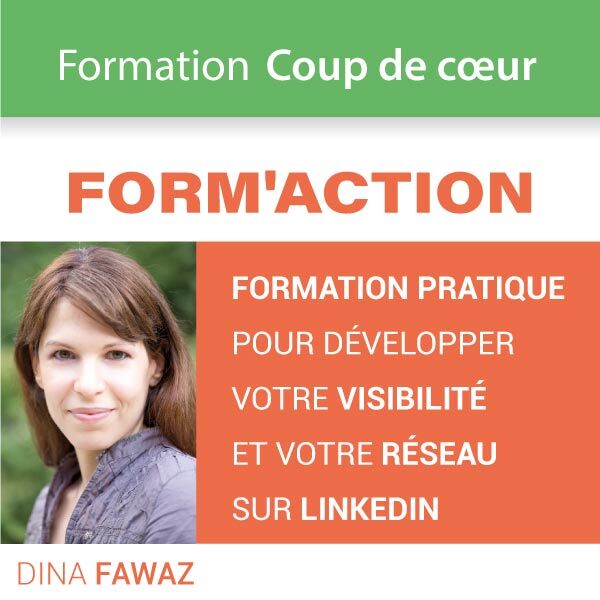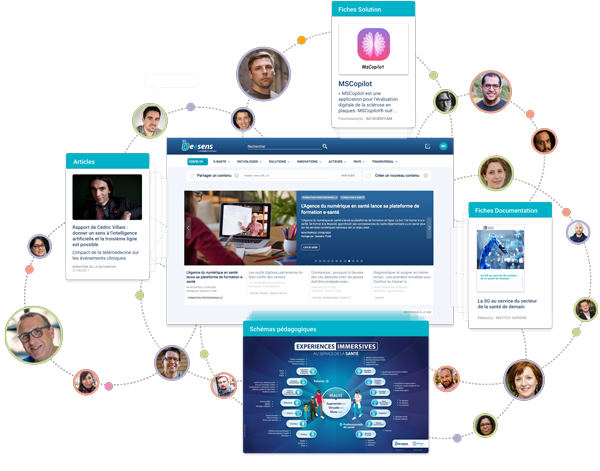"The technology behind virtual reality is rapidly advancing, allowing developers to create entire 3D hospitals for training purposes. In this article, Ben Hargreaves looks at how VR headsets are being used to better educate both healthcare professionals and the general public.
Digital healthcare solutions are being talked about with increasing frequency. Due to the pandemic, more people than ever had to turn to digital healthcare to achieve basic activities, such as speaking with a doctor or booking a visit with a healthcare professional. It is, therefore, quite simple for most to imagine what most digital health solutions look like and how they can fit into everyday life to ensure good health.
However, with virtual reality (VR), one element of the broader digital health ecosystem, this act of placing a technology and its use within healthcare becomes trickier. How does being able to layer a virtual reality alongside everyday life lead to advantages for the health of the individual and for the healthcare system? One of the key advantages of VR could be its ability to educate.
The potential for VR technology as an educational tool centres on its ability to create a virtual world that can closely mimic real-world settings. Using just a headset, the user can be placed into a learning environment where they can perform tasks safely without risk, or they can be provided with a more engaging learning environment. Practical examples of this include healthcare professionals using VR to learn various medical procedures or for the technology to be used to teach broader society about public health issues, such as the importance of vaccination.
According to the World Health Organization, the world will need more than 40 million new doctors, nurses, frontline healthcare workers, and various other healthcare professionals by 2030. This equates to approximately doubling the current medical workforce. The major challenge facing getting the individuals needed to be ready for work is ensuring that the current training model efficiently trains the number of staff required. Research found that healthcare CEOs identified the availability of skilled staff as one of their top five key risks..."
Lire la suite
Could virtual reality become an essential tool for healthcare education? -
PHARMAPHORUM, 01/06/2022
Partagé par :
Beesens TEAM



